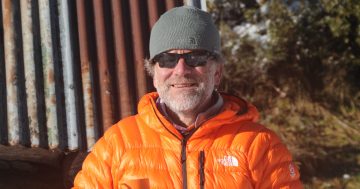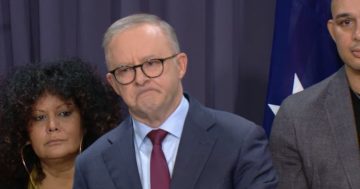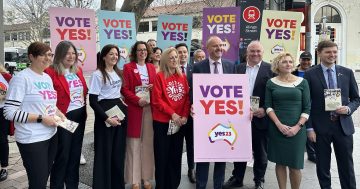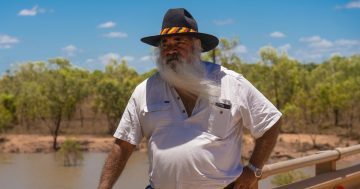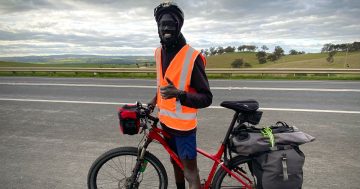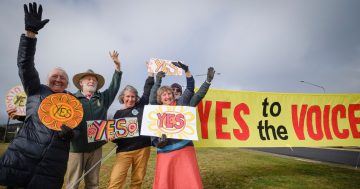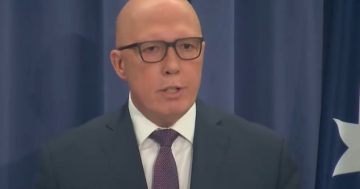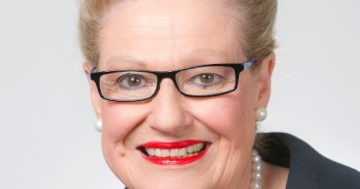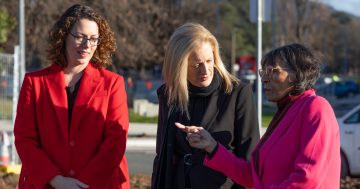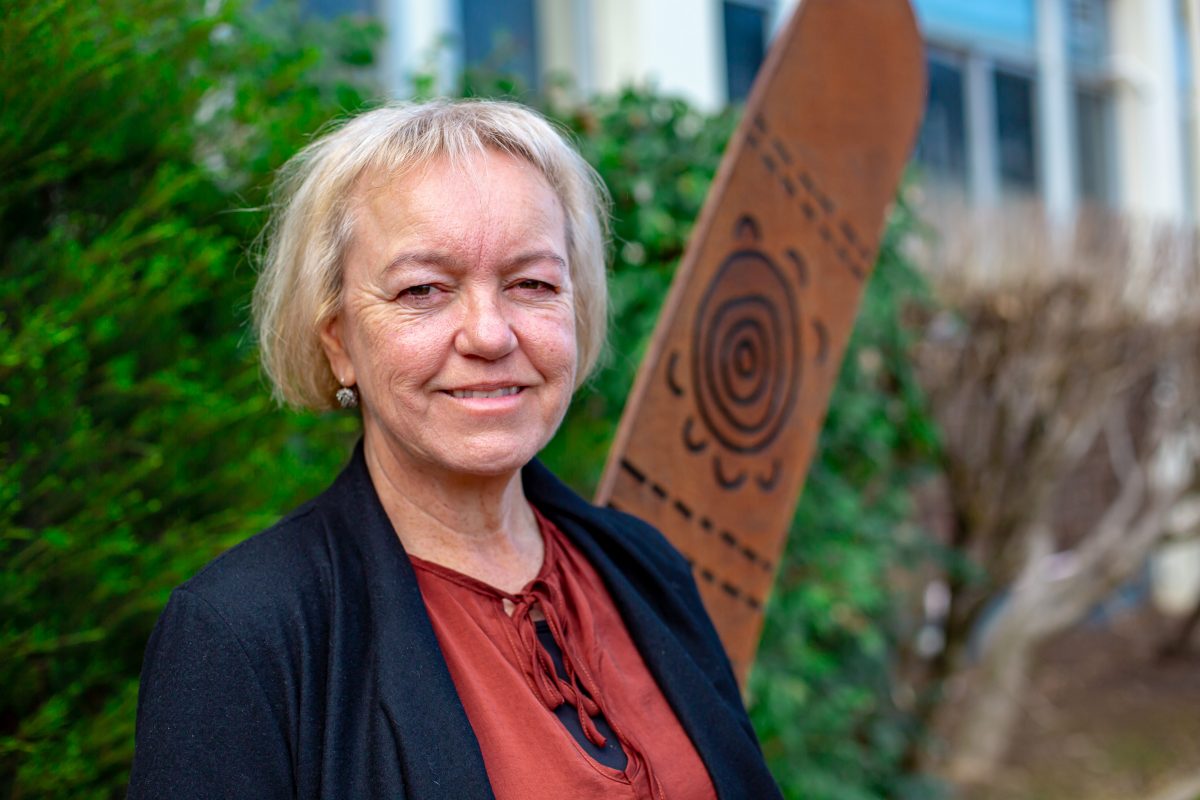
Ngunnawal traditional owner Caroline Hughes says the Uluru Statement provides a way to practically ‘close the gap’. Photo: File.
Prime Minister Anthony Albanese pledged his government would take meaningful action on First Nation issues, which he reiterated on election night as he claimed victory and in his first speech as Prime Minister on 23 May.
“We will, of course, be advancing the need to have constitutional recognition of First Nations people, including a Voice to Parliament that is enshrined in that constitution,” Mr Albanese said.
Close to 70 per cent of the country’s Indigenous population is concentrated in urban centres along the east coast. Governments have announced grand plans to support Indigenous Australia for decades, but if this one were to make a difference, we would definitely see it in the capital region.
So what is the Voice? And what do the local Ngunnawal people think of it?
What is the ‘Voice’?
Caroline Hughes is a Ngunnawal traditional owner and language specialist. She plays an active part in the community as an Executive Director at the Australian Institute of Aboriginal and Torres Strait Islander Studies (AIATSIS). This year she was awarded an honorary doctorate from the University of Canberra, recognising her work on Ngunnawal language.
She describes the Voice as a chance to remedy the fact First Nations people have been left out of the Australian Constitution since it was drawn up in 1901.
“It’s an opportunity for Indigenous people to finally have a place in the Constitution so we can unite as Australians.”
The Voice was first floated in the Uluru Statement from the Heart, a 440-word statement agreed upon by 250 Indigenous delegates at a historic conference at Uluru in 2017. The statement included three key objectives of Voice, Treaty and Truth.
It urges the federal government to establish an Indigenous Voice in Parliament, negotiate a Treaty with the traditional owners of Australia, and start a Truth-telling process to record past injustices against Indigenous people.
It’s still unclear exactly what the Voice component would look like, but in theory, it would be a body made up of Indigenous Australians that governments would need to consult with on policy and legislation.
The Morrison Government dismissed it, judging it undemocratic to have an unelected body influencing national decisions. Prime Minister Albanese promises to enshrine it in the Constitution – through a referendum – so it can’t be easily removed by a future government.
How will it help?
“The issues facing Aboriginals in the ACT can’t be pinned down to one thing,” according to Ms Hughes.
“There are issues across social housing, the justice system, healthcare and employment opportunities.”
Memories of the Stolen Generation are still poignant and the effects of fractured families continue to this day. Many Aboriginal and Torres Strait Islander people don’t feel comfortable seeking medical attention in the mainstream healthcare system so live with multiple physical and mental health issues.
Organisations like Winnunga Nimmityjah Aboriginal Health and Community Services (WNAHCS) in Narrabundah, an Aboriginal community-controlled healthcare service, seek to address this gap in service delivery.
The ACT continues to have one of the nation’s highest child removal rates: the 2019 Family Matters report noted that Aboriginal children in the ACT were 16 times more likely to be removed from their families than non-Indigenous children.
And then there’s the justice system.
Aboriginal and Torres Strait Islander people make up less than 2 per cent of the ACT’s population, but over 24 per cent of the detainees in the Alexander McConachie Centre. Of these, 91 per cent have experienced prior imprisonment, the highest rate in the country.
Ultimately, however, Ms Hughes said more action is needed. The Uluru Statement paves the way for this.
“It is important for us that it’s not merely a top-down approach from our politicians trying to come up with solutions that are unworkable for the community,” she said.
“[The Voice] will instigate real practical solutions, where Aboriginal and Torres Strait Islander people are part of the co-design process.”
The ACT Government is currently negotiating a treaty with the local Indigenous population, alongside the governments of Victoria, Queensland and the Northern Territory. This falls in line with the Uluru Statement’s next step – the ‘Makarrata’ or ‘coming together after a struggle’. This calls for a nationwide treaty.
Ms Hughes was involved in the consultation process for the idea of Makarrata and describes it as key to moving forward.
“We need an equal voice, not only federally, but also here in the ACT Legislative Assembly,” she said.
“It’s about having the Ngunnawal people at the table in our own country, where their voices are heard and where they can hold the dominant party to account.”
What do Indigenous Canberrans think?
The Uluru Statement from the Heart and its implications aren’t supported by all Indigenous Australians, and that goes for the Ngunnawal population too.
“We’re like other communities in that not everybody is supportive of the same thing, and we’re not going to get 100 per cent support of this either,” Ms Hughes said.
“But like it or not, this is Ngunnawal country and that respect needs to be given. We’re not the only important ones, but like the building of a house, it’s the foundations that are really important and we are those foundations.”
What’s next?
Nothing can happen unless there is a referendum. The Constitution requires the proposed amendments be approved by both a national majority of voters and a majority of voters in at least four of the six states.
In the lead up to the Federal election, the authors of the Uluru Statement proposed two possible dates for this: 27 May 2023 or 27 January 2024.
The Prime Minister is yet to confirm anything beyond his initial statements, but given the makeup of the federal parliament, it will likely breeze through both houses. A referendum must then be held within six months of the bill passing through Parliament.












